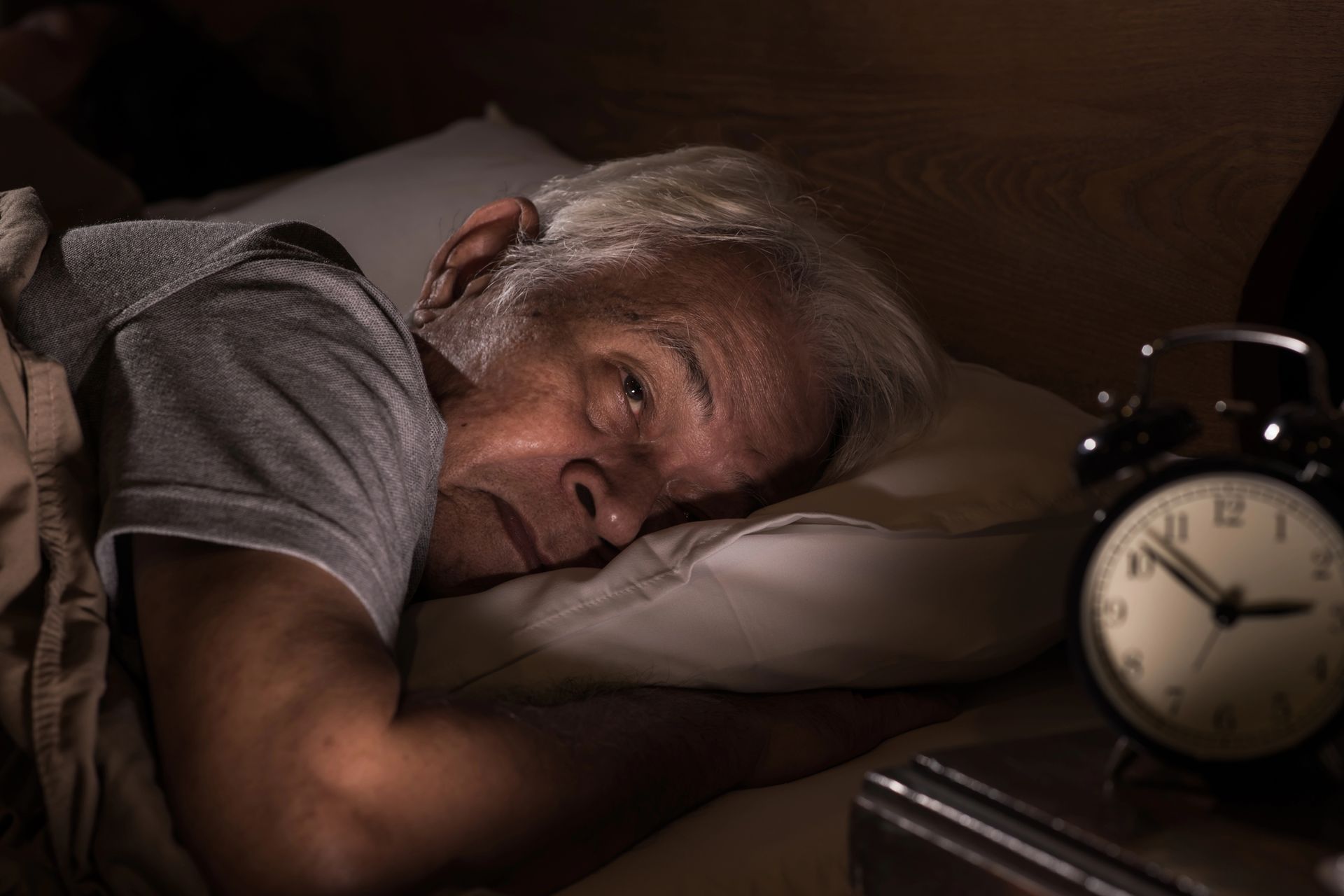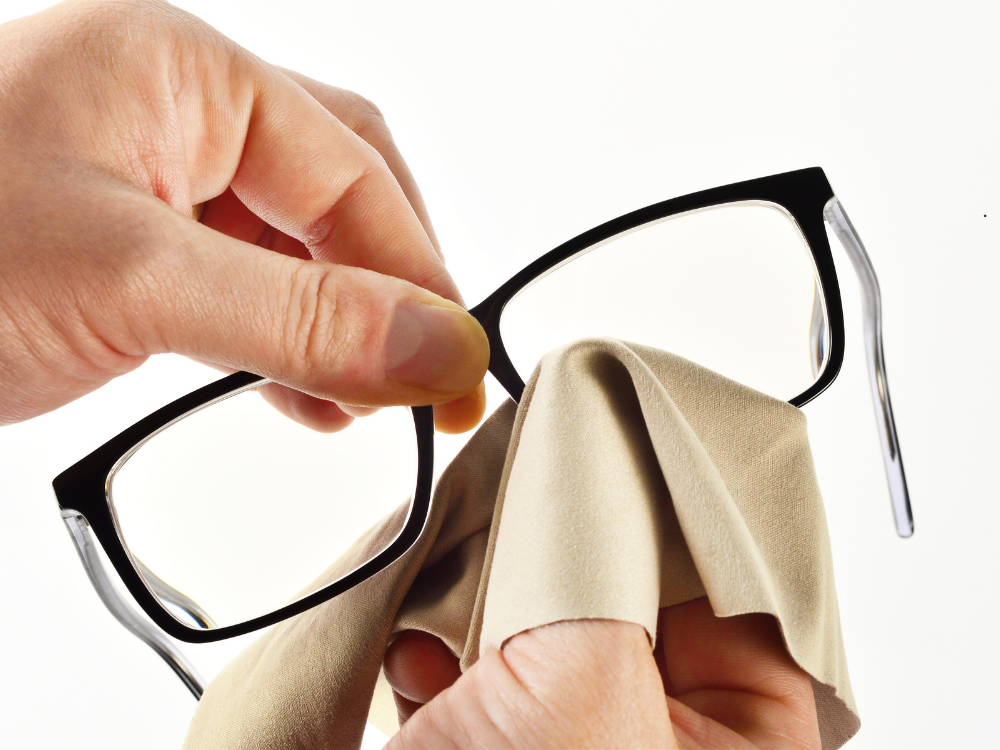VISION IMPAIRMENT LINKED TO SLEEP PROBLEMS IN OLDER ADULTS
A recent study has highlighted a concerning connection between visual impairment and sleep dysfunction among older adults. Researchers from the University of Pennsylvania and the University of Michigan found that people reporting problems with vision were significantly more likely to take medications to help them sleep. This trend is alarming as both visual impairment and sleep medication use can increase the risk of falls and cognitive decline.

The study analyzed data from 3,817 participants using both self-reported assessments and objective measures of visual function. The findings revealed that 41% reported problems getting to sleep, 44% had trouble staying asleep, and 26% were using sleep medications. The conclusions were that vision impairment is closely linked to sleep difficulties, showing a 40% increased likelihood of sleep medication use.
The researchers emphasized the critical role of vision in regulating sleep and circadian rhythms. They noted that understanding the relationship between visual impairment and sleep in older adults is essential, especially since many sleep medications can pose risks.
Given these findings, the authors recommend further research to investigate how visual impairment may contribute to sleep dysfunction and its potential implications for falls and cognitive health in older patients.
If you or a loved one are experiencing visual difficulties or sleep issues, it's essential to discuss these concerns with your
optometrist, family doctor, or other healthcare provider for a more comprehensive approach to your health.










